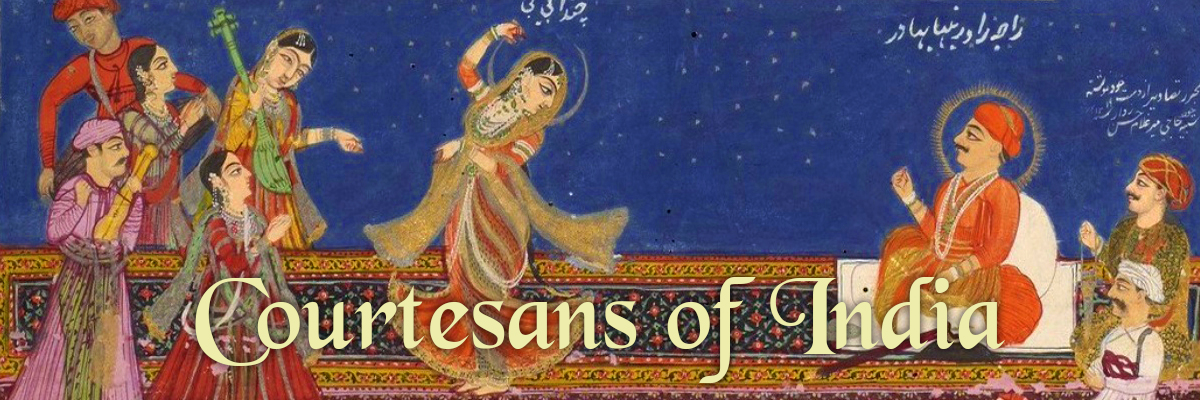This movie is available to watch for free on Youtube and by subscription on Netflix Canada.
Plot Summary from Wikipedia
Emperor Akbar, who does not have a male heir, undertakes a pilgrimage to a shrine to pray that his wife Jodhabai will give birth to a son. Later, a maid brings the emperor news of his son’s birth. Overjoyed at his prayers being answered, Akbar gives the maid his ring and promises to grant her anything she desires.
The son, Prince Salim, grows up to be spoiled, flippant, and self-indulgent. His father sends him off to war, to teach him courage and discipline. Fourteen years later, Salim returns as a distinguished soldier and falls in love with court dancer Nadira, whom the emperor has renamed Anarkali, meaning pomegranate blossom. The relationship is discovered by the jealous Bahar, a dancer of a higher rank, who wants the prince to love her so that she may one day become queen. Unsuccessful in winning Salim’s love, she exposes his forbidden relationship with Anarkali. Salim pleads to marry Anarkali, but his father refuses and imprisons her. Despite her treatment, Anarkali refuses to reject Salim, as Akbar demands.
Salim rebels and amasses an army to confront Akbar and rescue Anarkali. Defeated in battle, Salim is sentenced to death by his father, but is told that the sentence will be revoked if Anarkali, now in hiding, is handed over to die in his place. Anarkali gives herself up to save the prince’s life and is condemned to death by being entombed alive. Before her sentence is carried out, she begs to have a few hours with Salim as his make-believe wife. Her request is granted, as she has agreed to drug Salim so that he cannot interfere with her entombment. As Anarkali is being walled up, Akbar is reminded that he still owes her mother a favour, as it was she who brought him news of Salim’s birth. Anarkali’s mother pleads for her daughter’s life. The emperor has a change of heart, but although he wants to release Anarkali he cannot, because of his duty to his country. He, therefore, arranges for her secret escape into exile with her mother, but demands that the pair are to live in obscurity and that Salim is never to know that Anarkali is still alive.
Questions to consider
- What is the audience encouraged to believe prevented Anarkali from obtaining a happy ending? Challenging her station? Akbar?
- In what ways is the audience encouraged to view Akbar’s choices as being just? In what ways is the audience encouraged to question his choices? Ultimately, does the film support or challenge Akbar? Does it support or challenge Salim?
- At the end of the movie, after Anarkali’s banishment, the state of India declares that Akbar has an unwavering sense of justice, yet Anarkali, Anarkali’s mother, Salim, and Akbar’s wife regard him as cruel. Who do we believe? Does the film reconcile these two conflicting sides to create a coherent, singular sense of justice? Does it try to?
- While Anarkali’s character may be fictitious, Akbar was a real Emperor. How might his status as a respected historical figure shape, inform, or restrict Akbar’s presentation?
- How is Anarkali’s complicity and submission with her station (such as when she, however longingly, resists Salim because he is “above” her, or when she doesn’t try to dodge an arrow to fulfill her role as a piece of art) used to represent her as a respectable character? Does her challenge to Akbar contribute to or undermine that representation? What problems can arise when complicity and submission are viewed as respectable for one cultural category, but not for another?
- What beliefs and values make Bahar into a villain? In what ways does Bahar contrast with Anarkali?
- In 1946, All India Radio (the national public radio broadcaster of India) banned performers belonging to courtesan cultures from participating in national radio and film, allowing only performers from “educated and respectable families” (Lelyveld 119). This influential policy was still in effect upon Mughal-E-Azam’s release. How might this policy and the ideologies that upheld it shape, inform, or restrict Anarkali’s representation as a tawaif/courtesan? Listen carefully: is she even referred to as such?
